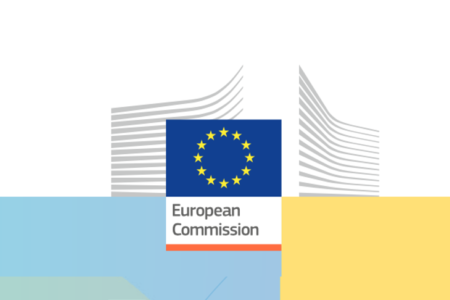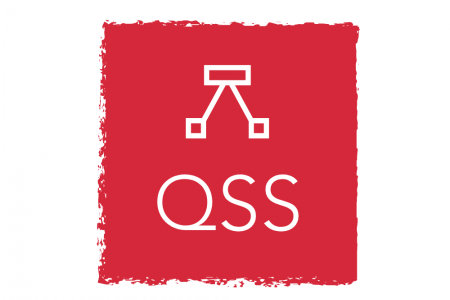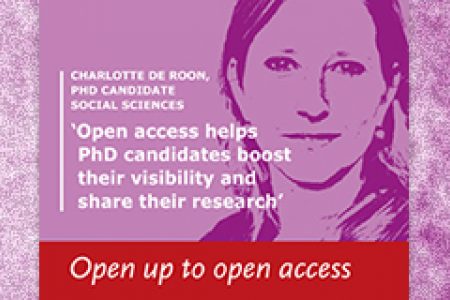On OA Week's Theme: Community
What is Community at the University? How might publishing and Open Science help us realise a vision for Community?
International Open Access Week is here - a time to celebrate the work being done to publish research openly and consider what steps are still needed to reach our goals. Every year, OA Week organisers SPARC develop a stimulating theme to put critical issues into focus. For example, last year's theme was "Open For Climate Justice," which led to important reflections on the ways in which OA can share knowledge toward understanding, and hopefully alleviating, the crisis.
Here at Leiden University's Centre for Digital Scholarship, we think a lot about Open Access publishing, and ways in which OA can bring people together, so we are interested in this year's theme: Community Over Commercialisation. SPARC elaborates on the theme to ask some pointed questions.
Community is an increasingly important term in universities. And as such, it requires, perhaps, some fundamental reflection on what the term might mean in this context. And so we at the CDS are enthused by a recent publication from the Community Manager's Club, a professional association based in The Netherlands and Belgium. The publication, A Manifesto for Community Management at Research and Knowledge Organisations, outlines a definition for community and the activity of fostering its construction.
The publication lays out a broad and inclusive understanding of community for universities, providing space to understand the ways in which Open Science goals and community might mutually benefit one another. We can see that Open Access publishing, which works to foster better lines of communication among people in regard to sharing research, is a possible generator of community.
Read the full publication at https://doi.org/10.53962/k06w-2ket. How do you envision community at your organisation? How might Open Access support your ideas? The Centre for Digital Scholarship is open for conversation on this important topic.





